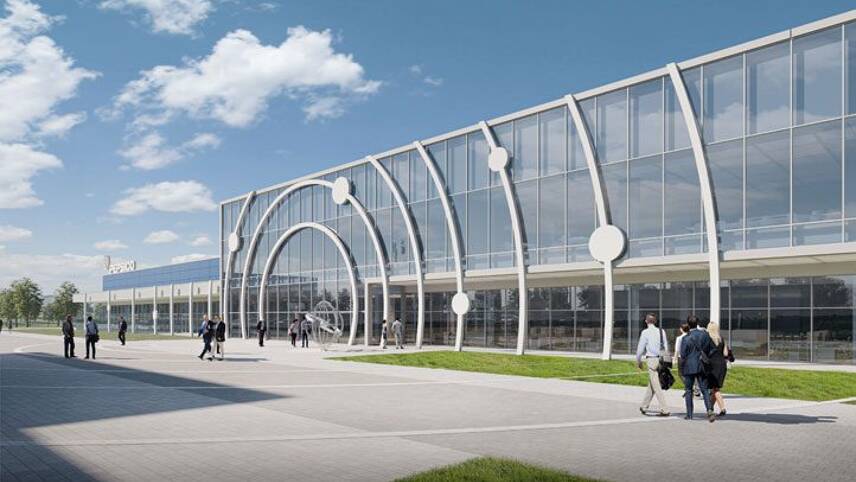Register for free and continue reading
Join our growing army of changemakers and get unlimited access to our premium content

Heating
The new project is set to create a new food manufacturing facility on a 30-hectare plot located in Swiete close to Sroda Slaska within the Legnica Special Economic Zone in Poland.
A foundation laying ceremony has now taken place, and the £188m plant will be PepsiCo’s fifth in Poland, with construction set to be completed by 2025.
PepsiCo claims this new facility will be its “most sustainable” foods manufacturing plant in Europe. All of the company’s Polish plants are powered by 100% renewable electricity and the new plant will incorporate energy efficiency improvements and an onsite solar farm to generate its own clean energy. Plans have not been disclosed as to the size or output of the solar farm.
Additionally, heating, cooling and water at the site will be reused, while rainwater will be collected and used onsite. Waste from manufacturing processes, including potatoes, will also be reused. Leftover peelings from potatoes, for example, will be converted into low-carbon fertilizer to help farmers with crops.
Crops for the plant will be supplied from Polish farmers enrolled under the Polish Sustainable Farming Program in collaboration with PepsiCo. The company currently sources more than 230,000 tonnes of potatoes annually from the initiative and the new plant is expected to add an additional 60,000 tonnes annually by 2023.
PepsiCo Europe’s chief executive Silviu Popovici said: “We’ve been operating and investing in Poland for 30 years. It is a great central hub as our food business grows in Central and Eastern Europe. But growth has to be sustainable. We want our plants to be the greenest, not only in Europe, but around the world. At Sroda Slaska we are re-imagining the future of food production. We want to create a model facility for sustainability in Europe.”
Net-zero
Earlier this year, PepsiCo committed to reducing emissions across its value chain by 40% by 2030 before reaching net-zero by 2040, as part of new climate plans it claims are Paris-Agreement-aligned.
To deliver the targets, PepsiCo is planning to reduce absolute emissions from direct operations by 75%, against a 2015 baseline. It has already reached 100% renewable electricity at managed facilities across 13 countries, and is aiming for all countries to meet that milestone by 2030 through work with the RE100. Aside from clean electricity, investments will be made in energy efficiency technologies and those which help minimise waste.
Late last year, PepsiCo revealed how it has been investing the funds raised through its inaugural green bond, priced at $1bn.
Multi-million-dollar pots have been earmarked for procuring recycled plastics, switching to low-emission vehicles, improving water efficiency, generating and procuring green energy and bringing a flagship “green R&D facility” to fruition. The facility will feature onsite solar generation and built-in energy and water efficiency features. PepsiCo is aiming to reduce the emissions generated by the campus annually by one-fifth by 2030 and hopes the new facility will provide transferable learnings for other sites.
Matt Mace


Please login or Register to leave a comment.